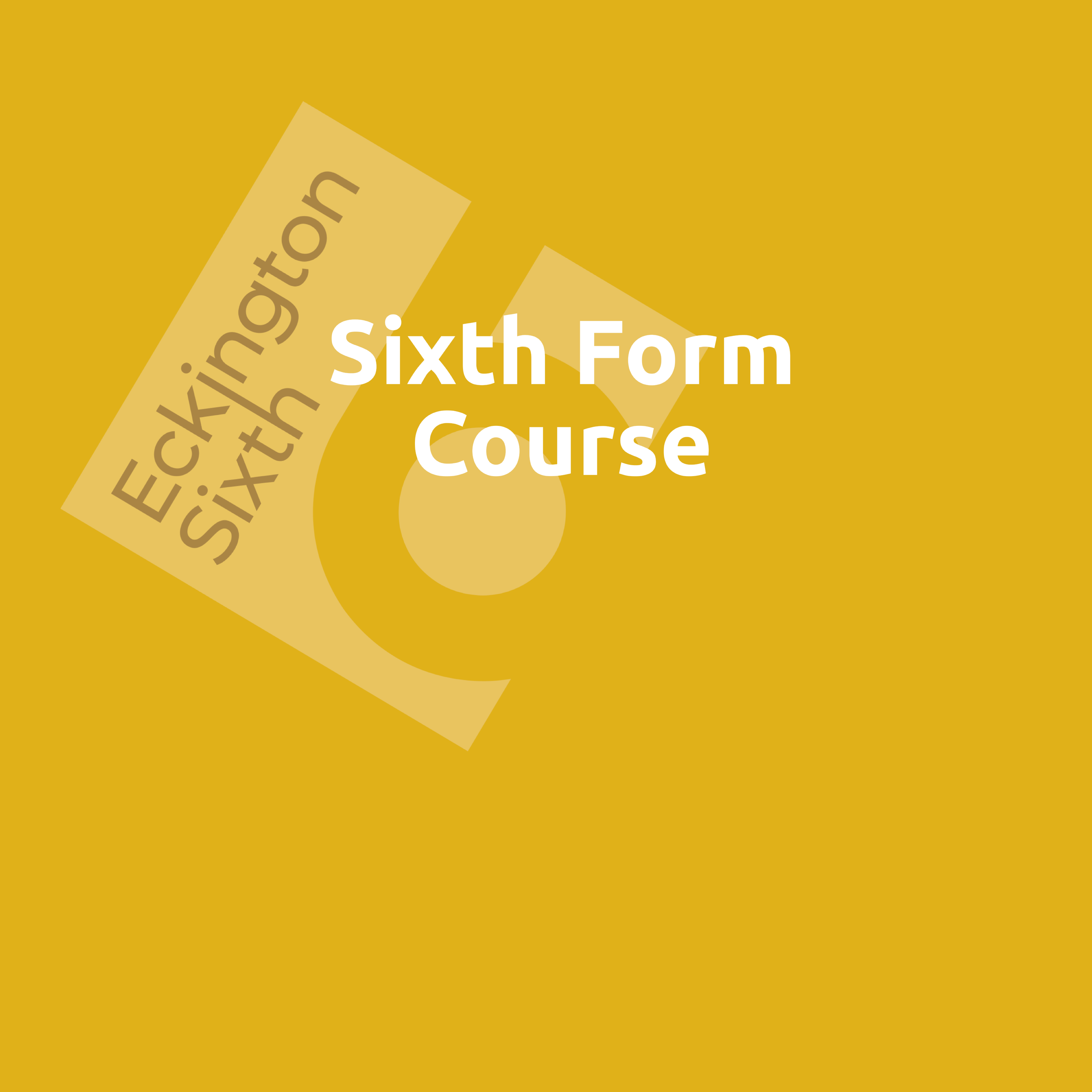Courses
We offer a broad and balanced curriculum, for key stage 3 (Years 7-9), key stage 4 (Years 10 and 11) and key stage 5 (Years 12 and 13 - Sixth Form). Click the appropriate button below to find the details for each subject offered in each key stage.

Overview
English Literature
Introduction
Our A-level English literature qualification is a challenging and engaging course. It is a very popular subject and students enjoy studying a wide range of plays, novels and poems from the 1600s to the present day. Classroom activities challenge students to become mature, thoughtful participants with class discussions, presentations and developing written analytical skills, all crucial parts of their lessons. Outside the classroom students are encouraged to be independent learners with termly book clubs for their wider reading, essential for the course, structured homework tasks and trips to see lectures or performances.
Students should have a passion for reading and an interest in how writers’ methods can create meaning. They should also be interested in exploring how writers have been influenced by their own lives, socially, historically and politically.
Qualification
A-level
Awarding body
OCR
Course leader
Mrs L Thompson
Assessment
- Examination: 80%
- Non-examined assessment: 20%
.
Curriculum
Topics
English literature examination topics are:
- Paper 1 Drama and Poetry
- Shakespeare (Twelfth Night)
- Poetry (Tennyson - Maud)
- Drama (Ibsen - A Doll's House)
- Paper 2 Dystopian Fiction
- The Handmaid's Tale and
- The Children of Men
Skills and requirements
Subject entry requirements
- Grade 6 in either GCSE English language or GCSE English literature.
Sixth Form entry requirements
- 4 A-levels over 2 years: for students who have achieved 5 or more grade 7s or above including English and maths (grade 5 or above).
- 3 A-levels over 2 years: for students who have achieved 5 grade 5s or above including English and maths.
- Level 3 vocational courses: for students who have achieved 5 grade 4s or above including English and maths.
Beyond the classroom
Future pathways
English literature and English language are both very well respected A-levels. They would be an excellent foundation for any degree involving essay writing, media or communication.
In terms of future employment English can lead to a very wide range of careers including teaching or lecturing, writing, editing, publishing, journalism, working in the media or anything where communication or working with people is important.



